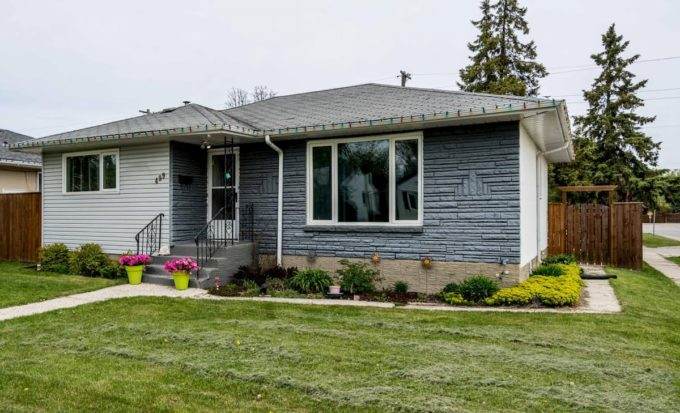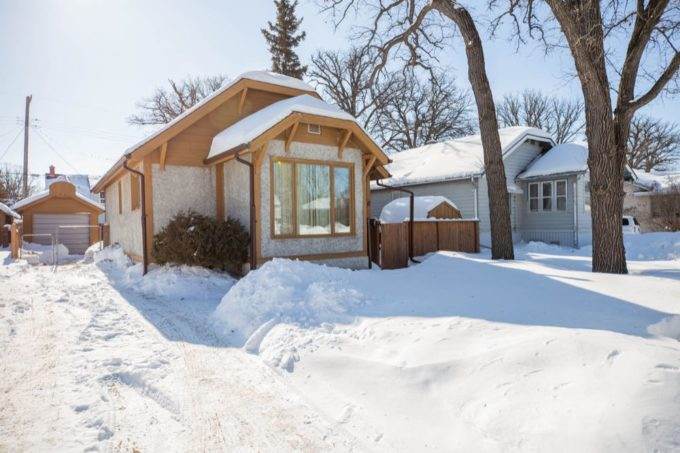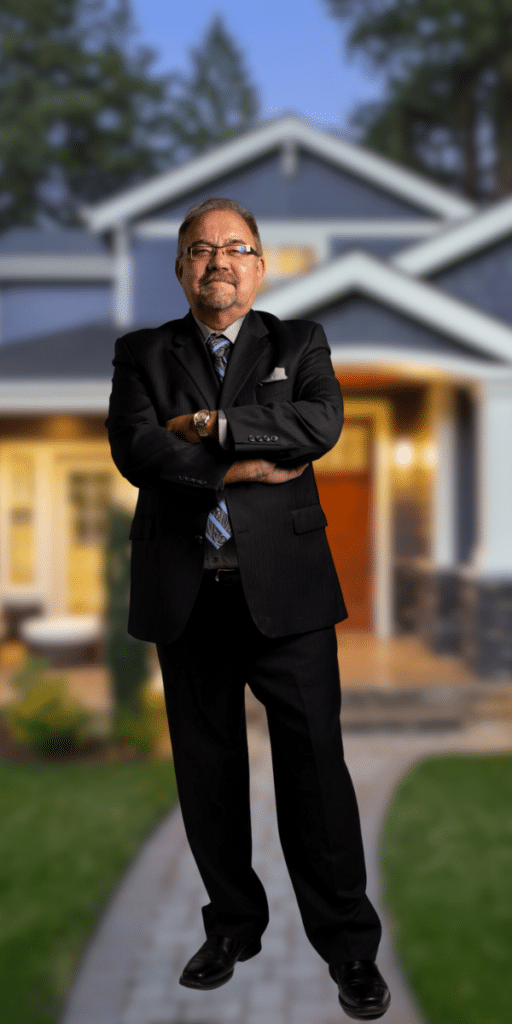Making a home purchase can be very exciting and very challenging at the same time. This is especially true for those who are first time home buyers. There are many different details that can impact not only the type of house that you get. These are also details that play a role in how you are able to enjoy the house in the future. Brand new homes that were recently constructed typically cost much more than existing properties.
Turnkey and Fixer Upper properties are the most common real estate purchases.
A turnkey is generally defined as a home that is ready for homebuyers to move in. This is a home that does not need any repairs or improvements. These may be new homes or those that are in incredible condition, despite when they were constructed. A fixer-upper home is one that needs some attention as it relates to design. The work required to get this home ready can vary based on the property itself.

Turnkey Home is fully updated and ready to enjoy
New constructions can be found in every price range, style, and type depending on the buyers’ tastes. According to the National Association of Realtors, homes in February 2020 were selling at a projected rate of 5.77M per year.. Included in this number were both new homes and those that ranged in age and design. Knowing what best suits you and your family’s needs is important. Although the average home has 3 bedrooms and 2 baths, there are many that are larger and have additional rooms and space.
One of the first things that new buyers need to do is to consider what they want from a home. Do you want to pay a higher amount for a turnkey home? Would you rather invest additional expenses in a fixer-upper home? The value of the property overall sometimes factors into this decision for buyers. Those with DIY experience in construction may prefer a fixer-upper. Others due to time constraints and budgets will readily purchase a turnkey. There are pros and cons to both of these real estate purchases.
Consider Future Returns
Hartford Courant, a consumer resource, recommends that buyers focus on financial objectives when choosing from a turnkey or a fixer-upper. This simply means thinking about how much money you need to spend to get a return in the future. Buyers that consider only homes that fit in their budgets are likely to be interested in turnkeys. Those that want fixer-uppers tend to consider this an opportunity to increase their returns by flipping the property after repairs and improvements.

Fixer Upper offers the chance at future returns
Plan for the Unexpected
Even when you are experienced in the construction field, there are times when things don’t go as expected. Buyers that decide to go with a fixer-upper have to be ready to plan for these times. Plumbing and electrical projects often take longer to perform than you think. In fact, some of these are so intricate that hiring professionals are essential. Preparing budgets for this part of the process is wise.
Purchase a Good Deal
One of the pros for purchasing either a turnkey or a fixer-upper is getting a good deal on the sale. The real estate market, creditworthiness, and property prices all play roles in this process. Buyers typically consider a deal something that fits into their budgets. This is true but a deal is also so one that is in good condition for the money invested. New subdivisions, with diverse pricing, are a place to look for turnkey deals.
Fixer-uppers can be found in different parts of cities and not just within subdivisions. You might buy a fixer-upper because you found a great deal that will allow you to put a little money in it. While what you consider a good deal for a turnkey will probably be a little higher because it doesn’t require putting any extra money in it.
Location and Style Negatives
The Spruce points out that location is one of the top two things to consider for fixer-uppers, especially if you want to resale it. Another consideration is whether the home will appeal to a range of potential home buyers. This may mean finding a home in this category that is not too old or too difficult to repair. Location and style are just as important when it comes to turnkey properties because many cities have the best properties and developments in specific areas. So if you can find an affordable fixer upper in a highly demanded area, it is often worth it to spend the time and money to fix it up.
Some buyers have limitations as it relates to what they can invest in their home purchases. These limitations are not always financial, but time requirements are possible, too. Relocation home buys fit into this category for certain individuals. If neither time nor finances are a problem, turnkeys or fixer-uppers present great opportunities for singles, couples, and families no matter what the city or state.
 About the Publisher
About the Publisher
Bo Kauffmann is a residential real estate agent with over 18 yrs experience in helping buyers and sellers achieve their goals. Inducted into the REMAX Hall of Fame in 2010 and receiving the REMAX Lifetime Achievement Award in 2019, Bo has sold over 500 houses and condos in the Greater Winnipeg market. He is an accredited buyer representative (A.B.R.) and a Luxury Home Marketing Specialist.
Bo provides exceptional service to First-Time Home-Buyers, Seniors looking to downsize and Home Sellers of all ages.
He can be reached easily By E-Mail or call/text him Call/Text Here
Never miss an episode of our real estate podcast. Install our FREE Podcast App available on iOS and Android. For your Apple Devices, click here to install our iOS App. For your Android Devices, click here to install our Android App. Check my videos on Youtube


